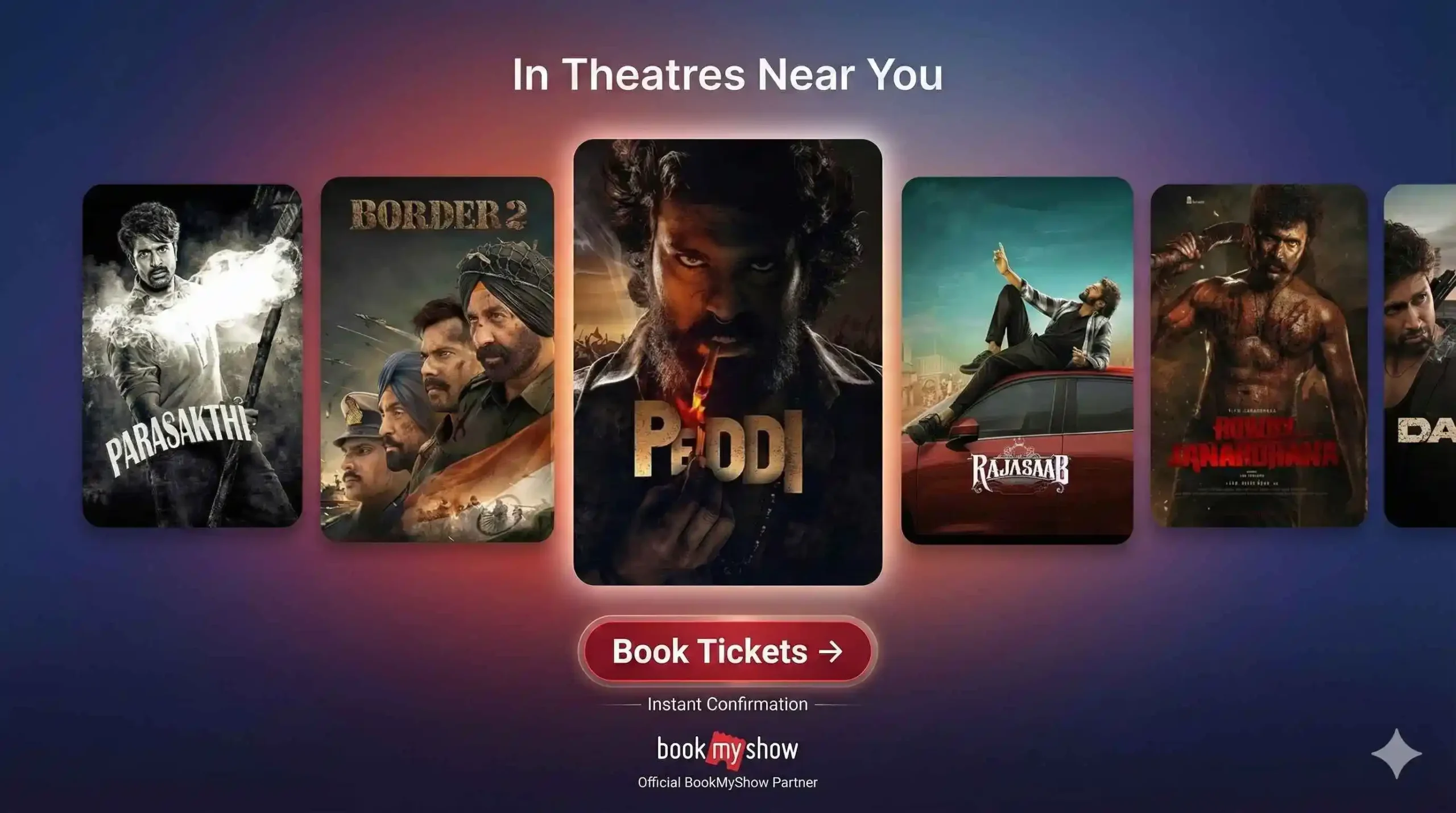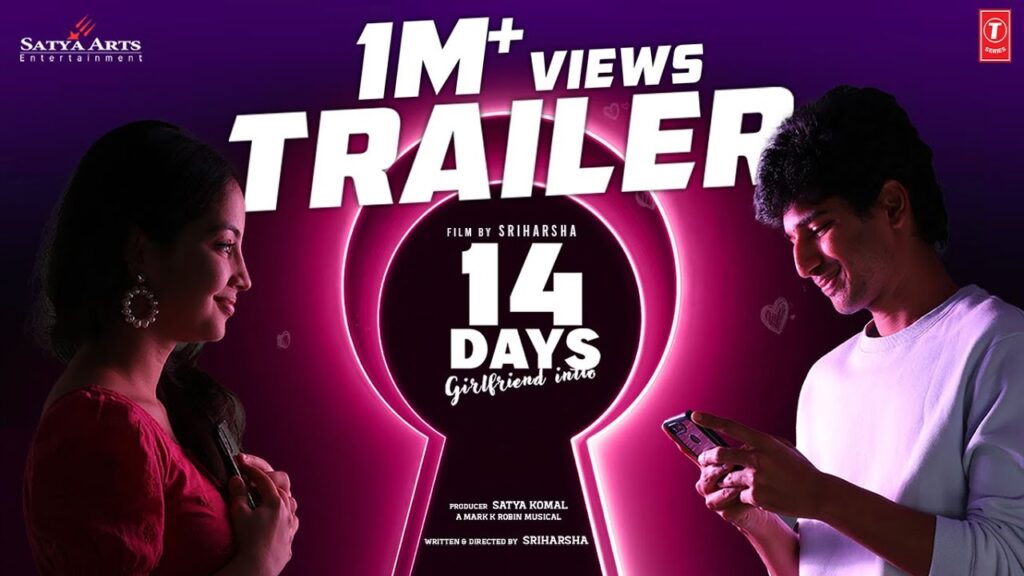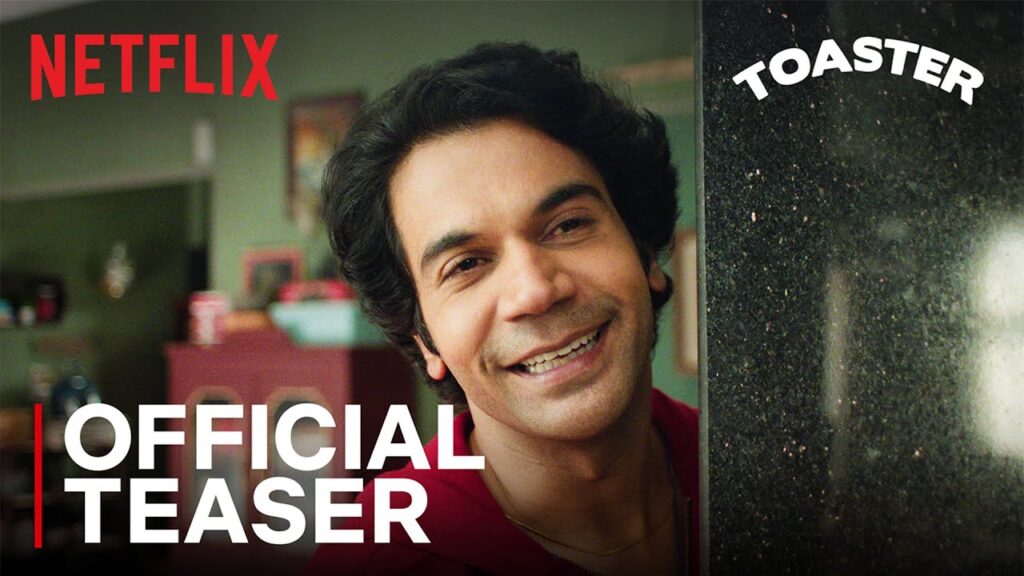Majhi Prarthana Movie Bappamtv 2025 Review Details iBomma
Majhi Prarthana (2025) Movie Review
Exploring the Director’s Vision: Padmaraj Rajgopal Nair’s Ambitious But Flawed Experiment
With *Majhi Prarthana*, debutant director Padmaraj Rajgopal Nair attempts a period romance with a nostalgic lens on pre-Independence rural Maharashtra. His vision is steeped in emotion, sacrifice, and socio-political undercurrents. However, the final product reflects a clash between intent and execution.
Directorial Approach
Check showtimes, seat availability, and exclusive offers for the latest movies near you.
Check on BookMyShow →Nair’s direction leans heavily on classical Indian storytelling—a linear narrative with prolonged dramatic pauses and heightened emotions. The film aspires to explore the rawness of rural love and caste-influenced society, but falters in blending art and accessibility.
The decision to shoot in authentic rural locations adds visual credibility. However, the emotional resonance often feels manufactured due to uneven pacing and inconsistent performances.
Use of Symbolism and Themes
Nair introduces recurring motifs like the prayer bell and rain as symbols of longing and emotional release. While symbolically potent, these elements are overused, diminishing their impact.
The theme of self-sacrifice stands at the film’s core but lacks narrative clarity. The film wants to be profound, but its script doesn’t support the philosophical weight it tries to carry.
Visual Storytelling Choices
Nair’s camera work is intentional—wide-angle shots of vast landscapes, dimly lit interiors, and slow pans attempt to evoke a meditative tone. Unfortunately, the emotional payoff rarely matches the visual setup.
The color palette—muted earth tones and faded sarees—enhances the period feel, showing a commitment to detail that’s admirable even if the story doesn’t always match the visual elegance.
Performance Direction
The director draws a strong performance from Upendra Limaye, whose menacing antagonist feels both real and grounded. However, leads Padmaraj Nair and Anusha Adep often seem disconnected, possibly due to insufficient character layering or directional clarity.
The chemistry between the leads is inconsistent, weakening the film’s emotional spine.
Comparisons With Other Directors
Compared to visionary Marathi filmmakers like Nagraj Manjule (*Fandry*, *Sairat*) or Sumitra Bhave, Nair’s style feels more theatrical and less organically rooted in lived experience.
His film lacks the raw, unpolished emotion that marks the best of Marathi rural dramas, though the ambition is evident.
Strengths in Direction
- Authentic setting and costume design
- Clear thematic ambition
- Strong supporting performance direction
Weaknesses in Direction
- Pacing issues and narrative drag
- Inconsistent emotional tone
- Inability to extract chemistry between leads
Table: Direction Breakdown – Padmaraj Rajgopal Nair’s Execution
| Directorial Element | Rating | Remarks |
|---|---|---|
| Vision | 3/5 | Ambitious, rooted in emotion |
| Execution | 2/5 | Marred by slow pace, dull screenplay |
| Performance Guidance | 2.5/5 | Effective for antagonist, weak for leads |
| Visual Style | 3.5/5 | Strong period authenticity |
| Emotional Impact | 2/5 | Fails to sustain engagement |
FAQs
What was Padmaraj Rajgopal Nair aiming to convey with Majhi Prarthana?
He aimed to depict a tragic, socially constrained love story in rural Maharashtra under colonial rule, using symbols of prayer, rain, and longing.
How effective is the director’s visual storytelling?
Visually strong with thoughtful aesthetics, but lacking emotional depth to support the images.
Does the film fulfill its emotional potential?
No, while the setup is compelling, the execution lacks dramatic and romantic impact.
How does this direction compare to other Marathi films?
It’s more theatrical and less emotionally grounded than genre-defining Marathi rural dramas.
What do critics say about Nair’s direction?
According to iBomma Movies, Bappamtv Movies, and Iradha Movies, critics appreciated the intent but found the execution lacking cohesion and heart.
What are some standout directorial decisions?
Using rural landscapes and real village settings added realism, and his focus on symbolic elements showed ambition.











